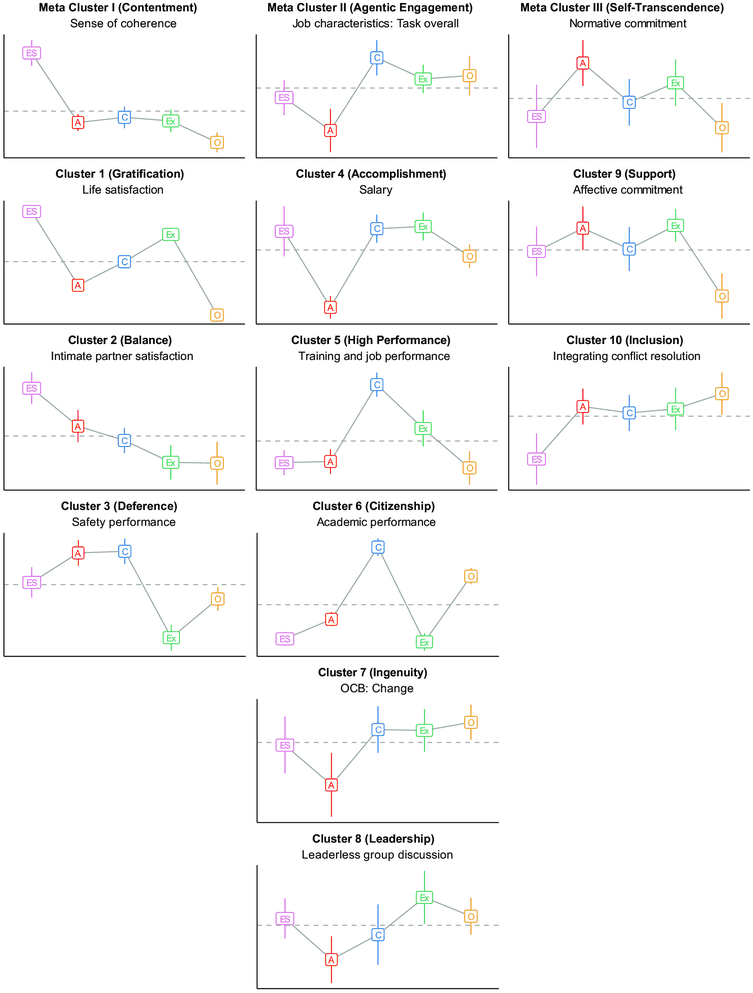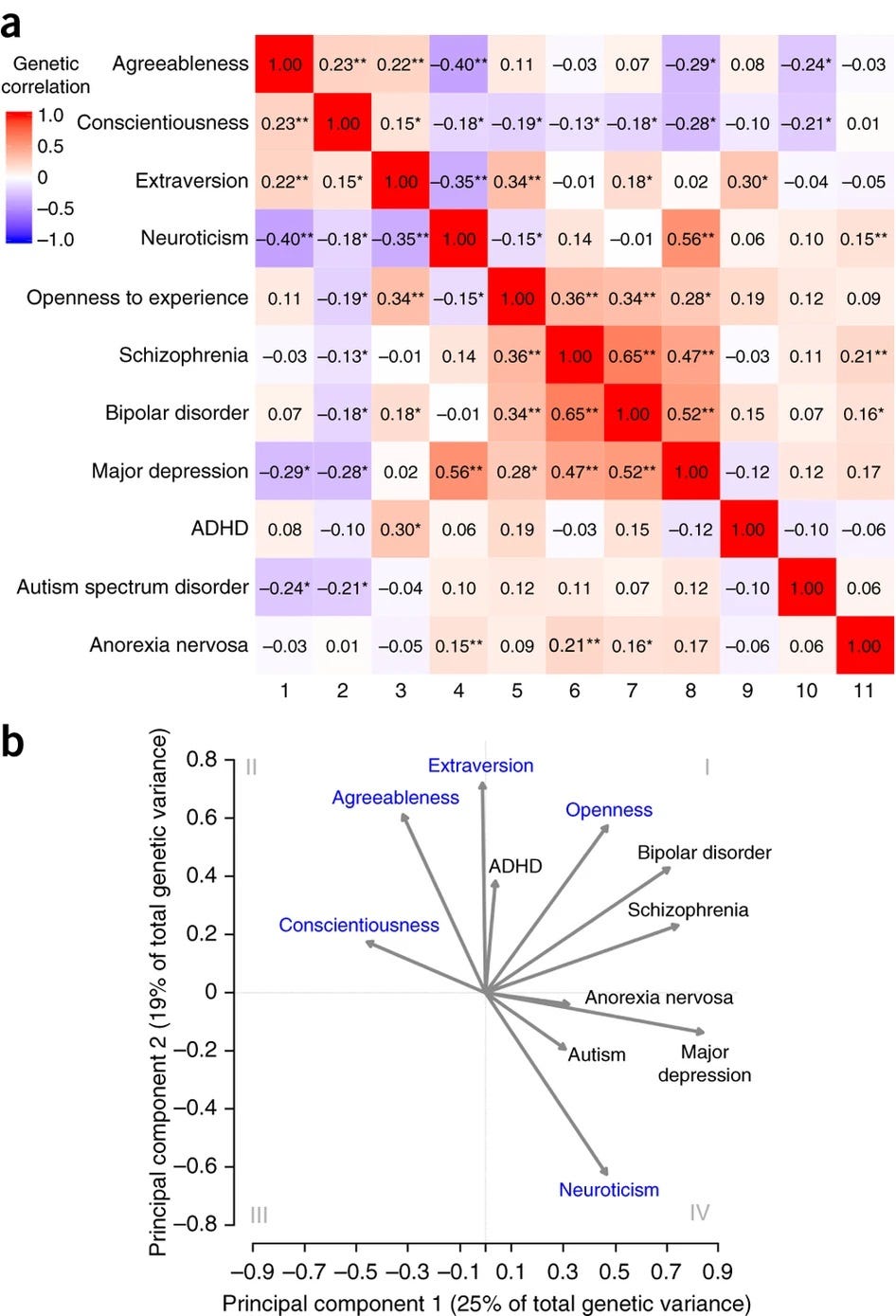12 Things Everyone Should Know About the Big Five Personality Traits
What research reveals about the five pillars of personality
This is the latest post in my “12 Things Everyone Should Know” series. You can access the full collection here.
Why are some people unstoppable workhorses while others can’t organize their way out of a paper bag? Why do some people glide through life on a cloud of optimism while others are dogged by anxiety? And why do some people parachute off cliffs while others would rather curl up at home with a cozy book?
Psychologists have spent many decades sifting through the noise of human personality, and what they’ve found is surprisingly simple: five big traits that capture much of what makes you you. They’re called the Big Five, and they’re the closest thing psychology has to a periodic table of personality.
Extraversion: Cheerfulness; sociability; assertiveness
Neuroticism: Proneness to anxiety, sadness, and other negative emotions; emotional volatility
Conscientiousness: Orderliness; reliability; industriousness
Agreeableness: Friendliness; politeness; compassion
Openness: Intellectual curiosity; creativity; openness to experience
In this post, I’ll run through 12 things everyone should know about the Big Five personality traits, covering everything from hidden sex differences in personality to how your personality shows up on your face to how you can change your Big Five trait levels. Hope you enjoy it!
1. The Big Five Predict Success in Every Domain of Life
A massive new synthesis of meta-analyses, pooling data from more than two million participants, concluded that the Big Five predict success (and failure) in every area of life that matters to people: career, education, love, well-being - you name it.
Interestingly, different Big Five traits predict success in different domains. Conscientiousness, for instance, is a rocket booster for achievement at work and school. Emotional stability (the flipside of neuroticism) pays dividends for relationships and life satisfaction. And low agreeableness can be an advantage in leadership.

2. The Big Five Are Genetically Linked to Various Psychological Disorders
Many of the same genes that shape the Big Five traits also shape people’s risk of developing certain psychological disorders. For example, neuroticism is genetically linked to depression, openness is genetically linked to schizophrenia and bipolar disorder, and extraversion is genetically linked to ADHD.
These findings fit with the idea that at least some so-called disorders represent the extremes of the distributions of ordinary personality traits, rather than discrete syndromes.



